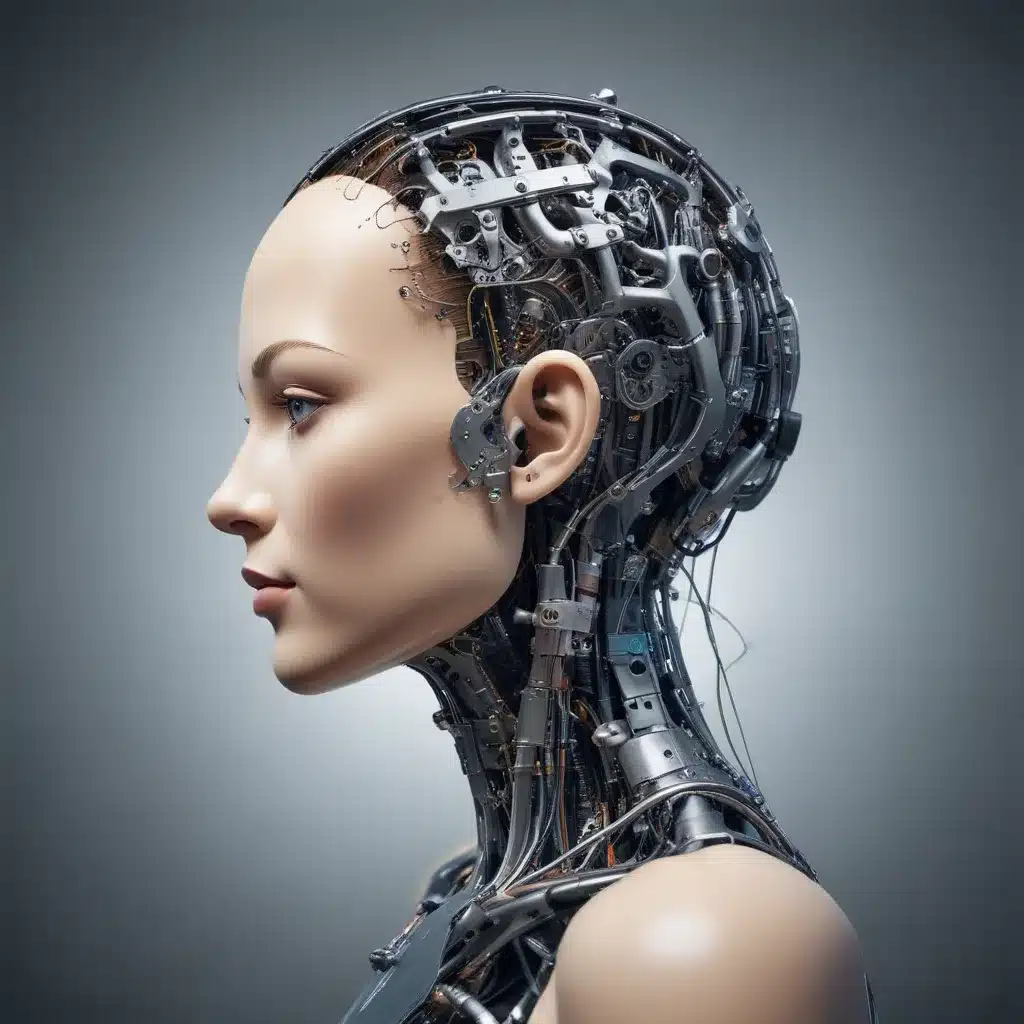
The Rise of Artificial Intelligence
I find the rapid development and widespread adoption of artificial intelligence (AI) to be both fascinating and awe-inspiring. The ability of AI systems to learn and gain knowledge at a pace that far surpasses human capabilities is truly remarkable. As an avid technology enthusiast, I’ve been closely following the progress of AI and its implications for various industries and domains.
The modern era of AI has been ushered in by significant advancements in areas such as machine learning, deep learning, and natural language processing. These technologies have empowered AI systems to tackle complex problems, process vast amounts of data, and make informed decisions with a level of efficiency and accuracy that was unimaginable just a few decades ago.
One of the key characteristics that sets AI apart is its capacity for rapid knowledge acquisition. Unlike humans, who often require extensive training and experience to gain expertise in a particular field, AI systems can quickly assimilate and synthesize large volumes of information, enabling them to develop deep, multifaceted knowledge at a staggering pace.
The Mechanics of AI Learning
But how exactly do these AI systems learn and gain knowledge so quickly? At the core of this process is the concept of machine learning, which involves the development of algorithms and statistical models that allow computers to perform specific tasks without being explicitly programmed.
Through machine learning, AI systems can identify patterns, make predictions, and generate insights from data. They can also continuously refine and improve their performance by iteratively updating their models and algorithms based on new information or feedback.
One of the most prominent machine learning techniques is deep learning, which utilizes artificial neural networks inspired by the structure and function of the human brain. These neural networks are capable of processing and analyzing vast amounts of data, extracting complex features and relationships, and making sophisticated decisions or predictions.
Another key aspect of AI’s rapid knowledge acquisition is its ability to transfer learning. This means that an AI system trained on one task or domain can often apply its acquired knowledge and skills to related or even entirely new tasks, significantly accelerating the learning process.
The Implications of AI’s Knowledge Gains
The implications of AI’s rapid knowledge gains are far-reaching and profound. In the realm of scientific research, for example, AI systems have already demonstrated the ability to make novel discoveries, generate hypotheses, and accelerate the pace of scientific progress.
One compelling example is the use of AI in drug discovery and development. By analyzing massive datasets of chemical compounds, biological information, and clinical trial data, AI systems can identify promising drug candidates, predict their efficacy and safety, and streamline the entire drug development process.
Similarly, in fields such as climate science, AI is being leveraged to model complex environmental systems, forecast weather patterns, and develop strategies for mitigating the effects of climate change. The ability of AI to rapidly integrate and synthesize data from multiple sources allows for more comprehensive and accurate analysis, leading to better-informed decision-making.
But the impact of AI’s knowledge gains extends beyond scientific and technological domains. In the realm of education, for instance, AI-powered personalized learning systems can tailor instructional content and learning experiences to the unique needs and preferences of individual students, accelerating their acquisition of knowledge and skills.
Ethical Considerations and Challenges
Of course, the rapid advancement of AI and its knowledge-gaining capabilities also raise important ethical and societal considerations. As AI systems become more sophisticated and autonomous, there are concerns about the potential for job displacement, algorithmic bias, and the responsible use of AI in high-stakes decision-making.
It is crucial that we, as a society, carefully examine the ethical implications of AI and develop robust frameworks for its governance and responsible development. This includes ensuring transparency, accountability, and alignment with human values and principles.
Additionally, as AI systems become more capable of rapidly acquiring and applying knowledge, there are concerns about the potential for unintended consequences or the emergence of uncontrolled “superintelligent” AI. Addressing these challenges will require ongoing collaboration between policymakers, ethicists, technologists, and the broader public.
The Future of AI and Knowledge Acquisition
Despite the challenges, I remain optimistic about the potential of AI to revolutionize the way we acquire, process, and apply knowledge. As AI systems continue to evolve and become more sophisticated, I believe we will witness even more remarkable feats of knowledge acquisition and problem-solving.
Perhaps one day, AI systems will be able to match or even surpass the depth and breadth of human knowledge, opening up new frontiers of discovery and innovation. However, it is essential that we guide this progress in a responsible and ethical manner, ensuring that the benefits of AI’s knowledge gains are equitably distributed and aligned with the greater good of humanity.
As we look to the future, I encourage readers to stay informed, engage in ongoing discussions about the implications of AI, and actively participate in shaping the direction of this transformative technology. By doing so, we can harness the power of AI’s knowledge-gaining capabilities to create a more prosperous, sustainable, and equitable world for all.












